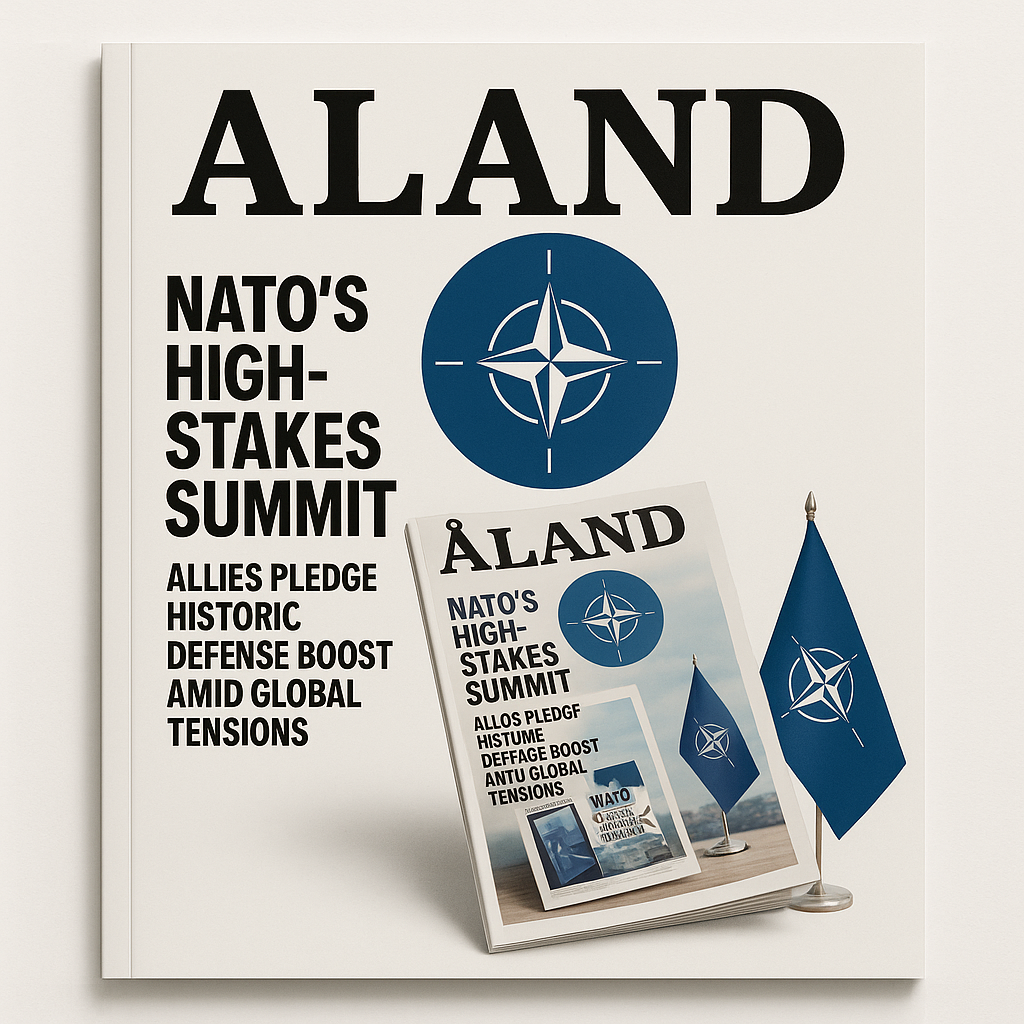NATO's High-Stakes Summit: Allies Pledge Historic Defense Boost Amid Global Tensions
Published Date: 26th Jun, 2025
A Historic Commitment: Defense Spending Soars
At the 2025 NATO Summit in The Hague, member nations have agreed to a landmark increase in defense spending, committing to allocate 5% of their GDP by 2035. This decision marks a significant shift from the previous 2% target, reflecting heightened concerns over global security threats, particularly from Russia and emerging cyber challenges.
The new spending framework designates 3.5% for core military capabilities and 1.5% for infrastructure, cybersecurity, and resilience measures. NATO Secretary-General Mark Rutte hailed the agreement as a "transformational leap" for the alliance's collective defense posture.
Transatlantic Dynamics: Trump's Influence and Controversies
U.S. President Donald Trump played a pivotal role in advocating for the increased defense spending, describing the summit as a "historic milestone." His assertive stance received mixed reactions; while some leaders praised his leadership, others expressed concern over his confrontational approach, especially regarding recent U.S. military actions in Iran.
Notably, NATO Secretary-General Rutte defended Trump's rhetoric, likening his approach to that of a stern "daddy" figure, emphasizing the necessity of strong language in times of crisis.
Spain's Stand: Balancing Defense and Domestic Priorities
Spain emerged as a notable dissenting voice, with Prime Minister Pedro Sánchez rejecting the 5% GDP defense spending target. Citing economic constraints and the need to preserve social welfare programs, Sánchez maintained that Spain's current defense spending of 2.1% is sufficient. This position has led to tensions with other NATO members, particularly the United States, which has hinted at potential economic repercussions.
Ukraine's Position: Seeking Sustained Support
Ukrainian President Volodymyr Zelenskyy attended the summit, engaging in discussions with President Trump. Despite previous tensions, their meeting was described as cordial, focusing on Ukraine's security needs and the ongoing conflict with Russia. Zelenskyy emphasized the importance of continued NATO support, warning that Russia could target a NATO country within five years if unchecked.
Emerging Threats: Cybersecurity and Technological Advancements
The summit also addressed the growing challenges of cyber threats and technological warfare. NATO leaders acknowledged the need to bolster defenses against cyberattacks, drone warfare, and infrastructure sabotage. The alliance plans to invest in enhancing cybersecurity measures and developing advanced defense technologies to counter these evolving threats.
Looking Ahead: NATO's Strategic Direction
As the summit concludes, NATO faces the task of implementing these ambitious commitments while maintaining unity among its members. The decisions made in The Hague signify a renewed focus on collective defense and a proactive approach to emerging global security challenges.
Date: 26th Jun, 2025

